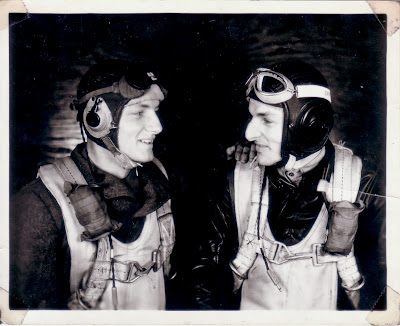It’s interesting how the following of Jesus Christ developed into the Catholic Church and became an institution that controlled the lives of most of the people of Europe for almost 1,500 years. The common people were kept in the dark and depended on their Priests to guide them through life. This is the period referred to as the dark ages when individual thinking was discouraged and progress in society and the sciences were few. Emperors and Kings were all dependent on the support of the Pope, and it was the Pope who financed most of the Crusades to liberate the Holy Land from the Muslims.
By the 15th Century, the church’s hold on society was beginning to break down. When John Wycliffe translated the Bible from Latin to English for the first time and more people were able to read it for themselves, they began to demand reform, and that event was the beginning of The Reformation. The demands of the Reformation were clearly spelled out by Martin Luther when he published his “95 Thesis” in 1517
The Reformation was given a boost with the invention of the printing press by John Guttenberg in 1455. When the common people were able to read their own copies of the Bible, they began to protest the Pope’s authority as sole interpreter of the scripture. It seemed that all of Europe was protesting against the Pope and these people came to be known as Protestants. When the Pope denied Henry VIII of England a divorce so he could marry Anne Boleyn, Henry became the most famous Protestant of them all and broke away from the Pope and established the Church of England.
The Catholic Church fought back, establishing the “Spanish Inquisition” which effectively wiped out Protestantism in Spain. In France, the St. Bartholomew’s Day Massacre of 30,000 French Protestants virtually crippled the movement there, but the Pope couldn’t reach the Protestants in England and Protestantism lived on.
For some English Protestants, the Reformation didn’t go far enough and they sought to purify the church and strip away all the pomp and ceremony that had accumulated over the years; these people were known as Puritans. You might think this would have been enough to satisfy everybody, but it was not. In this never-ending battle there were some who thought purification didn’t go far enough and these were the groups that became known as Separatists.
One of these Separatist groups, and there were many, became the Pilgrims who ended up in Plymouth, Massachusetts. When the Pilgrims, under the leadership of John Robinson, William Brewster, and William Bradford fled Scrooby, England for Amsterdam and then to Leyden, they did not fare well in their adopted country. For twelve years they struggled in poverty to establish their church while their sons and daughters were distracted by the temptations of their new surroundings. It is easy to see how this could happen since, even today, Scrooby is a tiny little village in the English countryside and Amsterdam was, at the time, one of the busiest ports in Europe. What a culture shock it must have been for these people.
The city of Leyden was smaller and life was a bit slower, but Leyden had just established one of the very first Universities. The University was a hotbed of fresh thought and ideas and the net effect was that the move to Leyden was only a small improvement over Amsterdam. Out of desperation, the Pilgrims hatched their scheme to resettle in the New World, but it was not for religious freedom, since they already had that, they were trying to protect their flock from the distractions of progress!
It seems to me that the celebrated idea of the Pilgrims seeking religious freedom was nothing more than an effort to keep their flock in religious bondage! Of course, the move from England to Holland was certainly motivated by the persecution of their sect by King James after the death of Elizabeth but from that point on, they became like their persecutors, intolerant.
Even in Plymouth, MA, the immigrants were intolerant of anybody who didn’t conform to their way of thinking. At least two of the Mayflower travelers suffered death for their failure to conform. Later arrivals landing in Boston were even worse in their treatment of “heretics,” sending many into exile in a hostile land, a punishment tantamount to a death sentence. A Baptist minister was publicly whipped and Mary Dyer was hanged for espousing alternative views. The travesty that occurred in Salem, MA is a testament to their fear of individual thought. I think, if there are four billion people on earth, there are four billion different religions!














